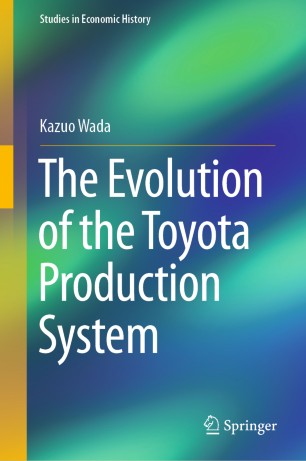

Most ebook files are in PDF format, so you can easily read them using various software such as Foxit Reader or directly on the Google Chrome browser.
Some ebook files are released by publishers in other formats such as .awz, .mobi, .epub, .fb2, etc. You may need to install specific software to read these formats on mobile/PC, such as Calibre.
Please read the tutorial at this link: https://ebookbell.com/faq
We offer FREE conversion to the popular formats you request; however, this may take some time. Therefore, right after payment, please email us, and we will try to provide the service as quickly as possible.
For some exceptional file formats or broken links (if any), please refrain from opening any disputes. Instead, email us first, and we will try to assist within a maximum of 6 hours.
EbookBell Team

0.0
0 reviewsThis book utilizes historical evidence to describe the development of the Toyota Production System (TPS). The development of TPS typifies the transformation of production control in interchangeable industries in the twentieth century. Much of the extensive literature available on TPS has been geared toward describing TPS from a number of different perspectives. Many researchers consider TPS distinct from American mass-production systems. Although TPS (and, more generally, the production control systems in the Japanese assembly industry) has differentiated itself from similar US production systems, the evolution of TPS is largely attributable to attempts to learn from, imitate, and modify pre-World War II US production methods. Through these efforts, TPS has achieved levels of efficiency in Japan comparable to those of US production systems. Additionally, a reliance on Information and Communication Technology (ICT) in relation to production control has facilitated the development of TPS. The literature on TPS, however, has largely ignored the vital relationship between ICT and production control due to an inordinate focus on “Kanban.” Kanban translates to “signboard” in Japanese but is used to refer to an organic linkage between work in preceding and subsequent production processes. This book sheds light on the development of a fully digitalized Bill of Materials (BOM) at Toyota, behind its Kanban and production control.